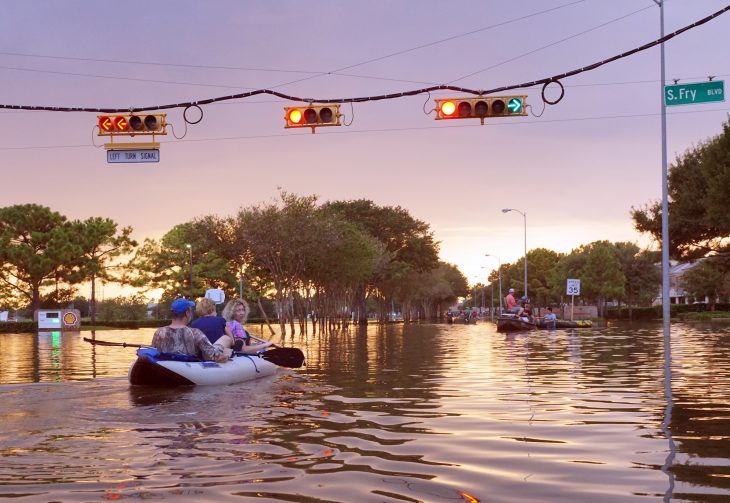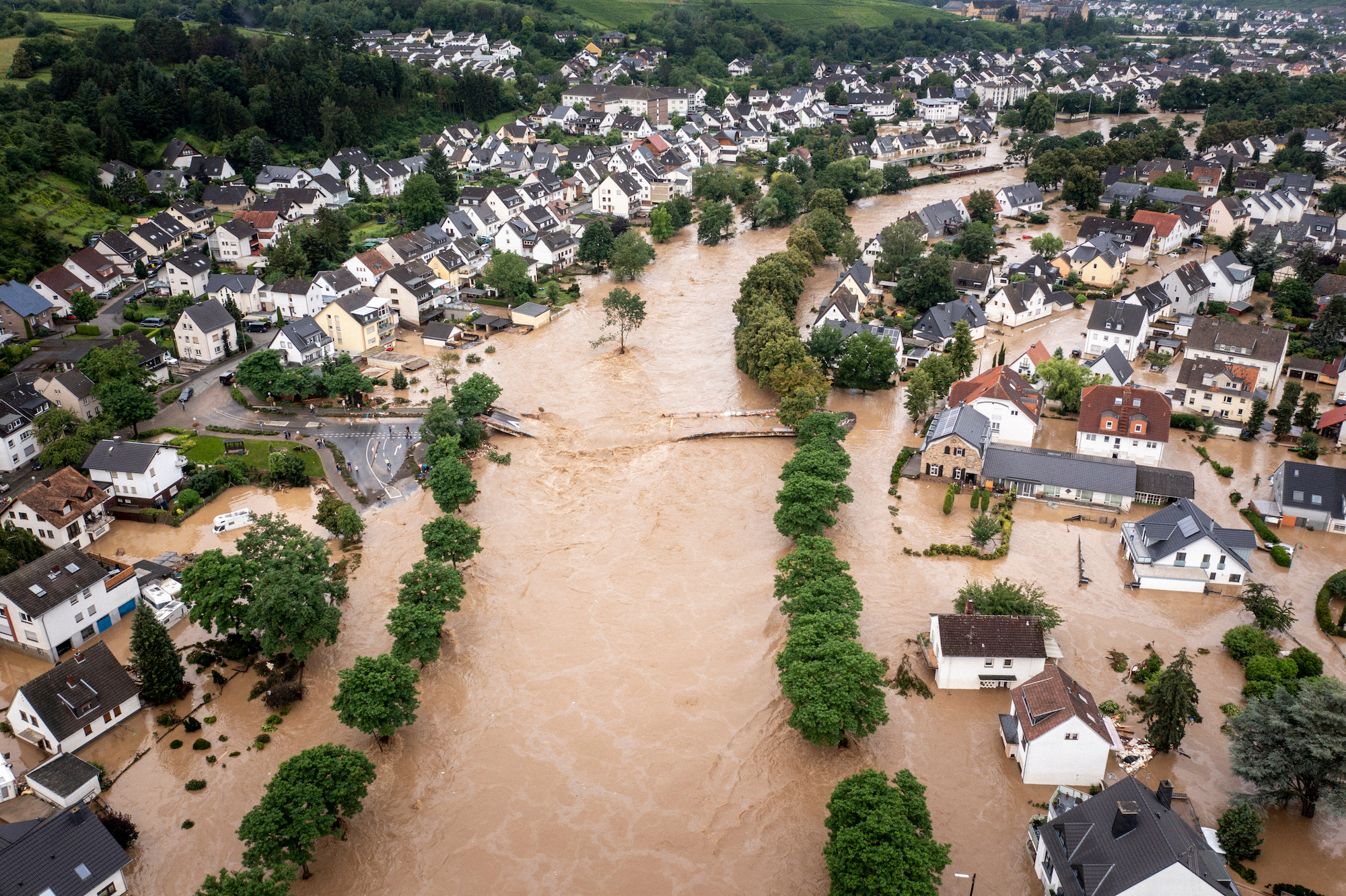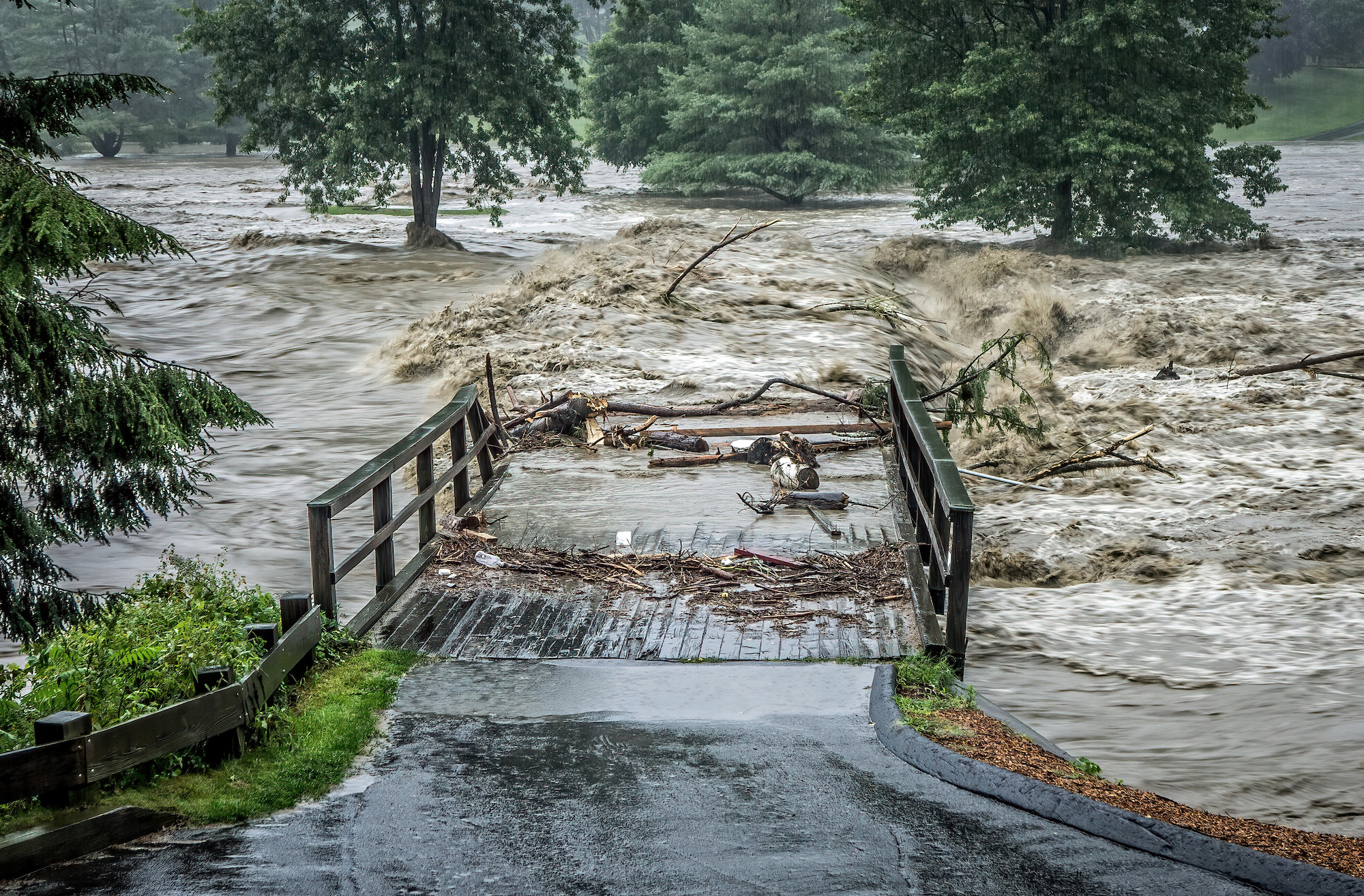
Floods are one of the most powerful and destructive natural disasters in the world. Each year, floods cause billions of dollars worth of damage to homes, businesses, crops, and other infrastructure. In recent years, an increase in extreme weather activity combined with intense storms has led to more frequent and severe flooding around the globe. To help you better prepare for a potential flood disaster happening in your own backyard or anywhere else in the world, we’ve rounded up 19 serious facts about floods that everyone should know.
Causes of Flood
Floods occur when an excessive volume of water overflows onto land that is usually dry. This can happen due to several reasons, such as heavy rainfall, rapid snowmelt, hurricanes, or dam failure.
The Deadliest Flood in History
The deadliest flood recorded in human history occurred in China in 1931. The Central China floods led to an estimated 1-4 million deaths due to drowning, disease, and subsequent famine.
Types of Floods
There are various types of floods, including flash floods, coastal floods, river (or fluvial) floods, and pluvial floods. Each type is characterized by different causes and effects.
Flash Floods
Flash floods are the most dangerous type of flood, occurring within a few minutes to a few hours of heavy rainfall or sudden water release. They are known for their rapid speed and destructive power.
Coastal Floods
Coastal floods are associated with storm surges, often caused by severe storms, hurricanes, or tsunamis. They can cause severe damage to coastal areas.
River Floods
River floods, or fluvial floods, occur when a river’s water discharge exceeds its channel’s capacity. This often happens due to prolonged heavy rainfall.
Pluvial Floods
Pluvial floods occur when heavy rainfall saturates an urban drainage system, causing water to flow over the land. They are common in cities where concrete and asphalt prevent rainwater absorption into the ground.

Global Flood Vulnerability
According to the World Health Organization, floods are a natural disaster that affects most people worldwide. They can happen on every continent and in virtually every type of environment.
Economic Impact
Floods can have a substantial economic impact. They cause billions of dollars in damage every year, from property damage to infrastructure repair and loss of business.
Impact on Agriculture
Floods can both help and hurt agriculture. While moderate flooding can bring nutrient-rich sediment to agricultural fields, severe flooding can destroy crops and erode topsoil.
Floods and Disease
Floods can lead to the spread of waterborne diseases like cholera, typhoid, and dysentery. They can also create breeding grounds for disease-carrying insects like mosquitoes.
Floods and Climate Change
Climate change is expected to increase the frequency and severity of floods due to rising sea levels and more intense storms.
Flood Forecasting
Today, meteorologists and hydrologists can forecast floods and issue warnings to help communities prepare and potentially evacuate to avoid disaster.

Role of Wetlands
Wetlands play a crucial role in flood prevention by acting as natural sponges, absorbing and storing excess rainfall, and reducing flood peaks.
Human Activity and Floods
Human activities, such as deforestation, urban development, and damming rivers, can significantly influence the occurrence and impact of floods.
Flood Protection Measures
Flood protection measures include the construction of levees, dams, floodways, and reservoirs. Other methods include river channelization and floodplain zoning.
Flood Insurance
Flood insurance can provide essential protection for homeowners in flood-prone areas. However, many people are unaware that standard home insurance policies typically do not cover flood damage.
Notable Floods in History
Besides the 1931 China floods, other notable floods include the Johnstown Flood in the United States in 1889, the North Sea Flood in Europe in 1953, and the 2011 Thailand floods.
Floods in Mythology and Religion
Floods feature prominently in various mythologies and religions. The most famous is perhaps the story of Noah’s Ark in the Bible, but flood narratives also appear in Mesopotamian, Indian, and Greek myths, among others.
Conclusion
Floods can be unpredictable, yet devastating forces of nature. Even if you don’t live in an area at risk of flooding, these important flood facts can help you better prepare yourself and your family for potential flood-related disasters, whether it’s a flash flood or storm surge. Protecting our homes, businesses, and communities against the destruction these natural disasters cause isn’t something that we should take lightly, especially in the current climate of extreme weather activity. Learning more about floods and understanding the risks associated with them is essential to safeguarding our lives and those around us against their destructive power. We must stay vigilant so that we are prepared should a flood strike without warning!
Was this page helpful?
Our commitment to delivering trustworthy and engaging content is at the heart of what we do. Each fact on our site is contributed by real users like you, bringing a wealth of diverse insights and information. To ensure the highest standards of accuracy and reliability, our dedicated editors meticulously review each submission. This process guarantees that the facts we share are not only fascinating but also credible. Trust in our commitment to quality and authenticity as you explore and learn with us.
